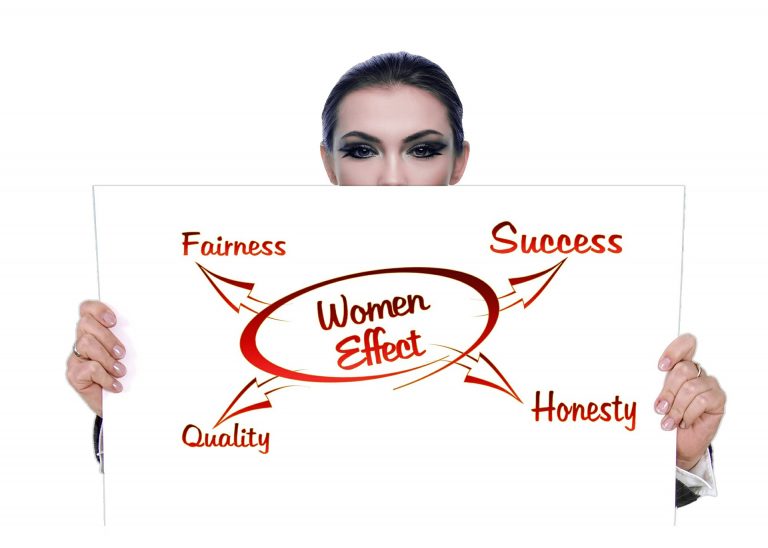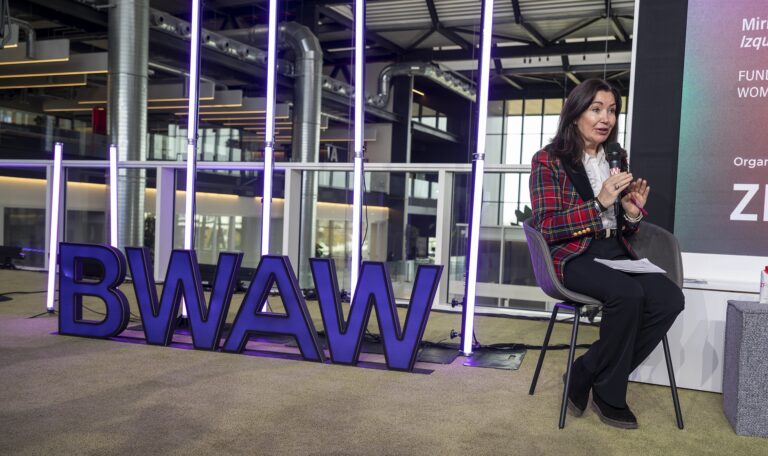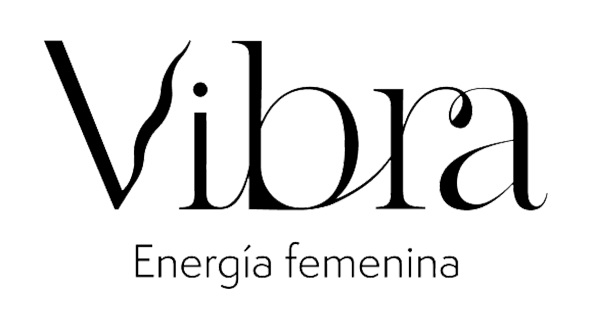Female talent and entrepreneurship

23 de February de 2021
Entrepreneurship and the promotion of start-ups are also affected by the gender gap. According to the Map of Entrepreneurship in Spain, carried out by South Summit, only one out five Spanish startups is led by a woman. The Startupxplore platform pointed out that between 85 and 90% of the startups’ promoters are men between 30 and 35 years of age. When studying Spain specifically, the female entrepreneurship rate is below the European average (4.7% compared to 6.3%), although above France (3.4%) or Italy (3 ,3%).
One of the main reasons for the low rate of female entrepreneurship in the startup ecosystem is the scarce presence of women in technical and scientific studies, where women only represent 18% of students enrolled in STEM disciplines (Science, Technology, Engineering and Mathematics).
The profile of entrepreneur women also explains the existing gap. Normally, men do not wait to have all the resources or information to start companies, they just jump in and do not think about it. However, women want to be fully prepared and know 100% what they are talking about. This need to have everything under control conditions the perception of capabilities and limits the creation of new businesses in a female key.
According to experts, to overcome these difficulties, it would be necessary to generate several entrepreneurship ecosystems where women may share experiences with other entrepreneurs and lose their fear of leading new companies.
On the other hand, according to the Sage X-ray of the Entrepreneur Woman, she is between 35 and 44 years old and tends to be so in fashion, leisure, culture, health and robotics. Women take more into account when starting a new business factors of need, whereas men look more for an opportunity for themselves and a way to better develop their professional career.
Another revealing factor is that women tend to undertake alone much more frequently than men: 62% versus 26%. This shows that men tend to undertake more in groups, aligning themselves with other entrepreneurs.
As a counterpoint, it is found that social impact entrepreneurship projects tend to have a much smaller gender gap than in other sectors.



